Civil service is the permanent service of a government, arranged to deliver public services through civil administration mechanisms. For any government to have its presence in the State, such civil service delivery needs to be not only regular but also effective. Governments, therefore, manage to have special laws to govern such compulsory aspects of civil services.
Nepal Foreign Service is one of such services, founded by the second amendment (2007) of the Civil Service Act (CSA, 1993). This is to envision Nepal Foreign Service as a special area of administration, considering specific nature of job and professionalism beside its importance and gravity for overall national well-being. A strong and effective Foreign Service is necessary in smoothening a country’s international relations. In today’s complex world order, not having a Foreign Service competent enough to run diplomacy par excellence is fighting a losing battle internationally. This is more applicable for the survival and growth of relatively weak, small nations and economies.
Studies also show that a capable and dynamic Foreign Service is essential to achieve larger foreign policy objectives. It requires strong and enduring institutions, laws and procedures. However, the Nepal Foreign Service lacks a distinct Act necessary for its smooth conduction. A special Nepal Foreign Service Act could render to the Ministry of Foreign Affairs a greater autonomy to promptly cater to the needs while also holding it more accountable to the outcomes. It could also ease addressing many areas of Foreign Service awaiting special regulation.
Of course, there are many provisions like promotion, code of conduct and punishment satisfactorily addressed by the mother Act- CSA 1993. Yet, Nepal Foreign Service requires a separate Act, mainly:
For defining and complying with the required qualifications for highly sensitive positions as the Head of Mission (HoM);
For assuring timely appointment of the HoM;
For injecting and enhancing accountability in Foreign Service officials, including the HoM;
There should be concrete job descriptions by law. Many countries, for example, assign by law, to their HoM a prime duty to promote export of domestic products to country of jurisdiction. It reflects, among others, the economic thrust in contemporary diplomacy.
Diplomatic posting conditioned to one-year probation and evaluation primarily based on special proposal submitted during the selection process could put the entire diplomatic venture up on the grading scale.
For legally obligating many relevant domestic institutions outside the domain of the Ministry of Foreign Affairs and insuring smooth operation of Nepal Foreign Service;
Beside the political core, tourism, labor, investment, trade, environment and finance are much on the forefront of present time Nepalese diplomacy. The inherent scrutiny and crosschecking of interrelated activities in these sectors may require special Foreign Service board and overall auditing mechanism.
For arranging or facilitating for trainings and studies relevant to career development of the Service members;
In the knowledge-based world of today, equipping Foreign Service officials with most advanced available ideas and values is undeniable. The Institute of Foreign Affairs is greatly doing it for new entrants to Nepal Foreign Service, save senior positions fulfilled through lateral entry.
A professional diplomatic course for all Service members at each level of their career may ensure greater capacity to undertake more challenging responsibilities.
Requiring and arranging for foreign language proficiency for members of the Service who are to be assigned to particular destinations abroad could greatly facilitate performance on the ground.
For securing a mature senior Foreign Service through closed career system as internally competitive examinations are also subjected to cross-service open competition in recent years;
For assuring the observance of diplomatic protocol;
It ought to base on reciprocity, if not on global values. The newfound federal set up has also urged for arrangement of diplomatic protocol once again.
Additionally,
For introducing measures such as Foreign Service Award to recognize outstanding contributions made to the nation by Service members;
For introducing and insuring various compensation schemes such as risk pay (for serving in dangerous regions) and hardship pay (for serving in regions that are uneasy from multifarious perspectives);
As much the diplomatic posting is cherished worldwide, so is the need to handle it possibly best fair. Schemes as above may contribute to equity by rendering balance among destinations by means of weightage.
For specialization of services within Foreign Service, e.g. in the areas of Law, Labor and Migration, Trade and Investment;
For utilizing the invaluable human resources who are retired but can still make huge contribution to the Service;
There is no legal provision of reemployment or other employment of the retired career members.
For facilitating purchases, particularly in Diplomatic Missions abroad, of required services as that of a lawyer and other experts beside tangible items such as land and building;
The existence of a separate Foreign Service Act may not guarantee all the standards required by the Service which is dynamic in itself. Still, the special legislation may frame relatively stable, salient measures pertinent to the Service. It can qualitatively restructure the strength, spirit and style of Nepal Foreign Service and assist in vibrantly advancing the country’s
aspirations in a dynamic global milieu.
(The article roots on my academic thesis entitled “Separate Service without Separate Act:Difficulty in Nepal Foreign Service”)

 कोशी प्रदेश
कोशी प्रदेश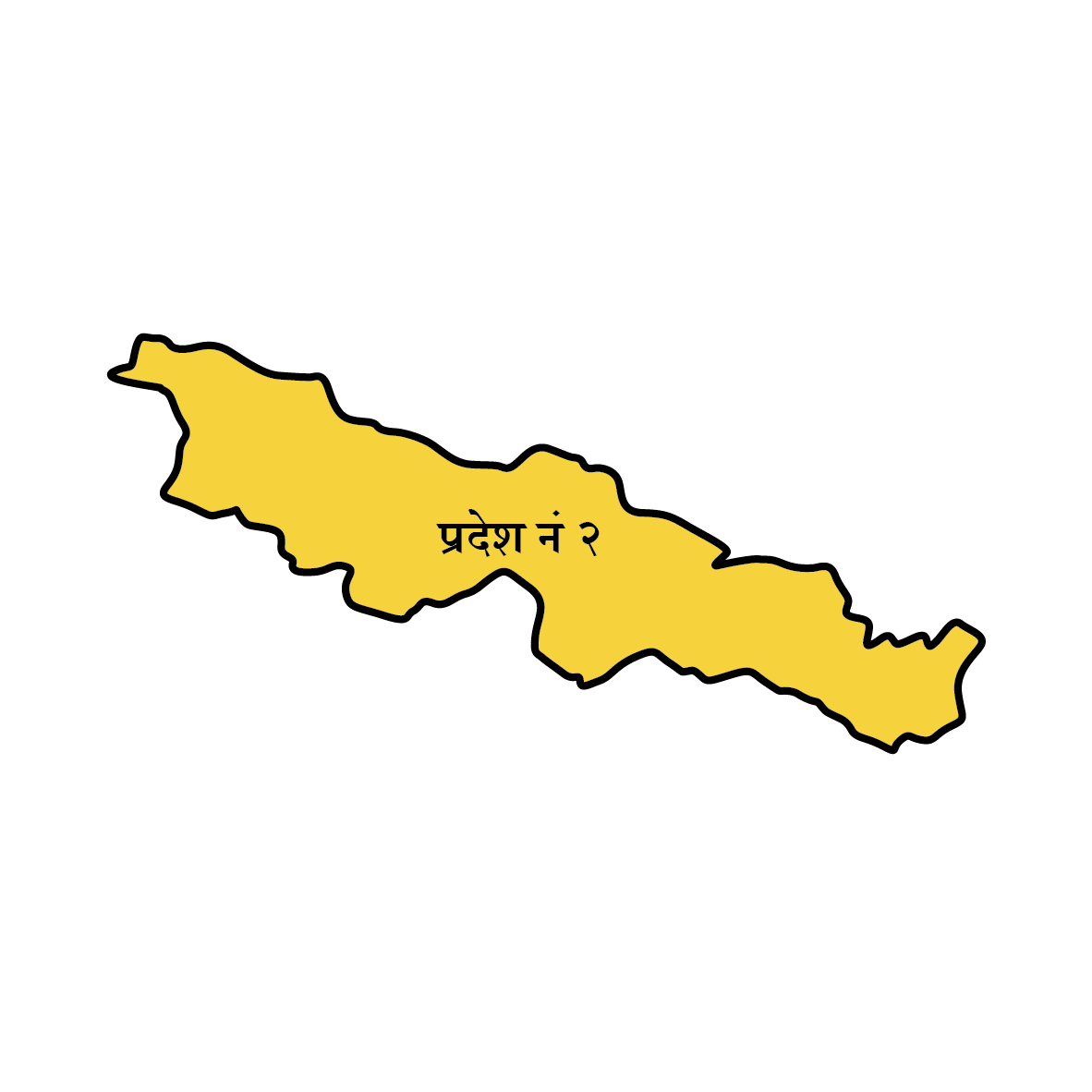 मधेश प्रदेश
मधेश प्रदेश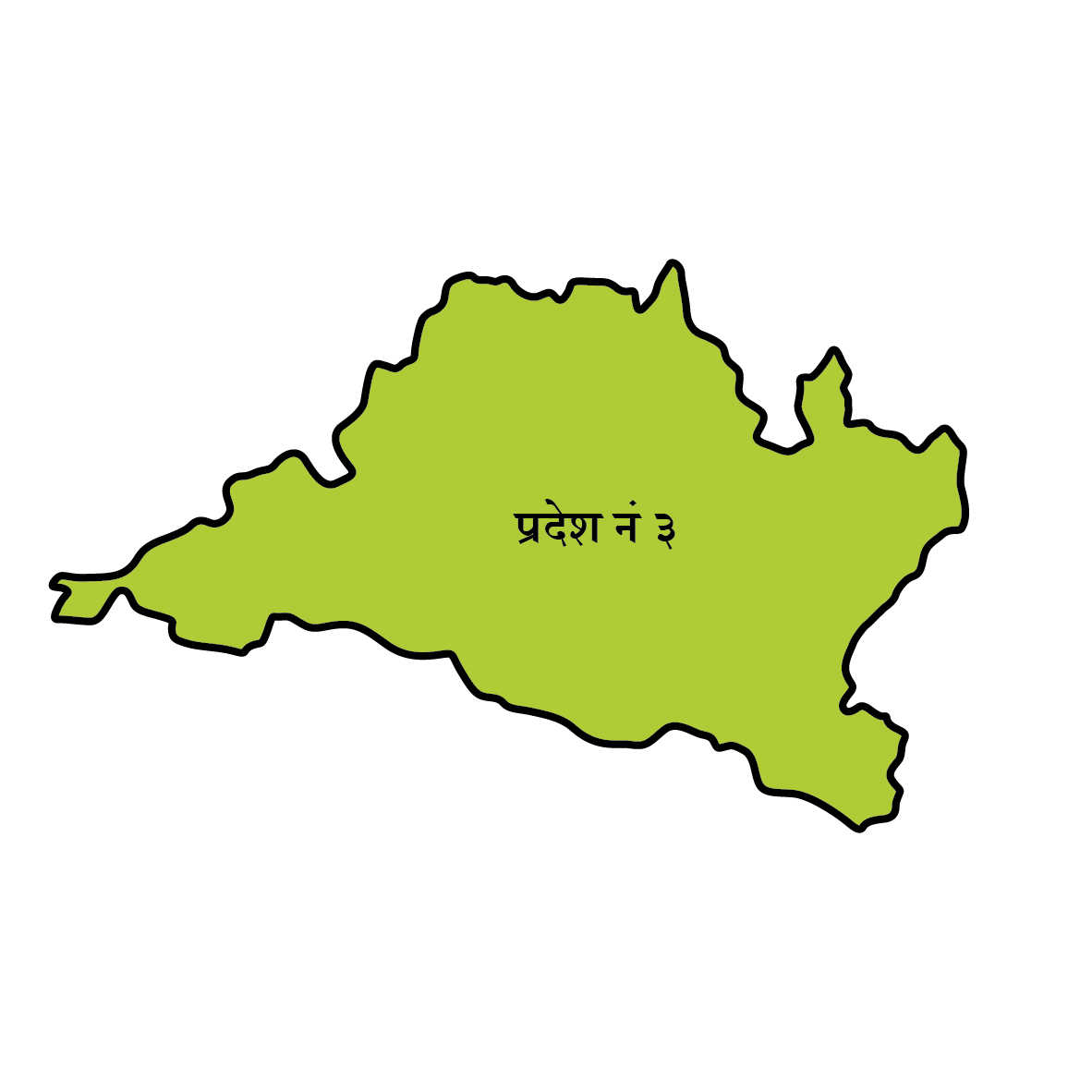 बागमती
बागमती गण्डकी
गण्डकी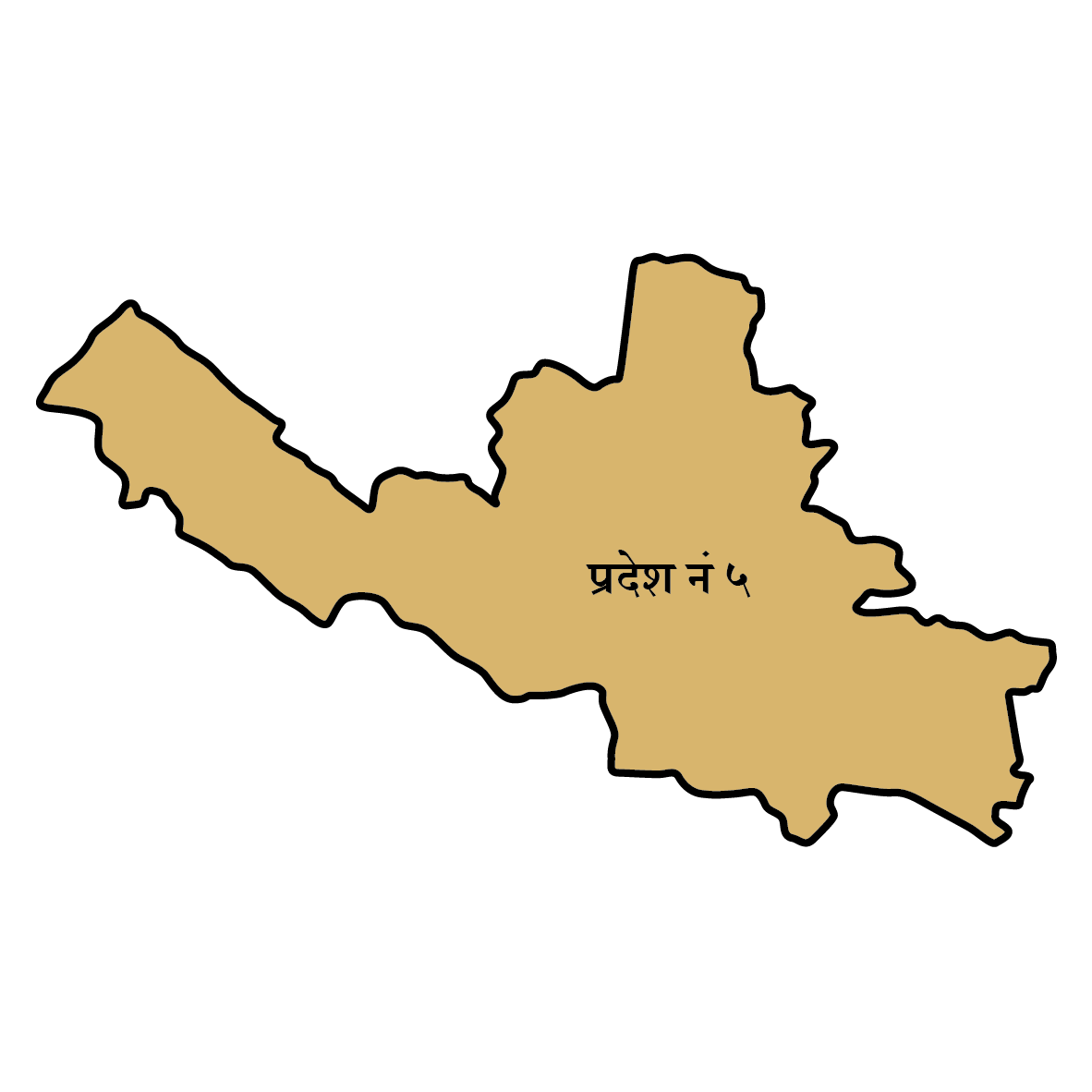 लुम्बिनी
लुम्बिनी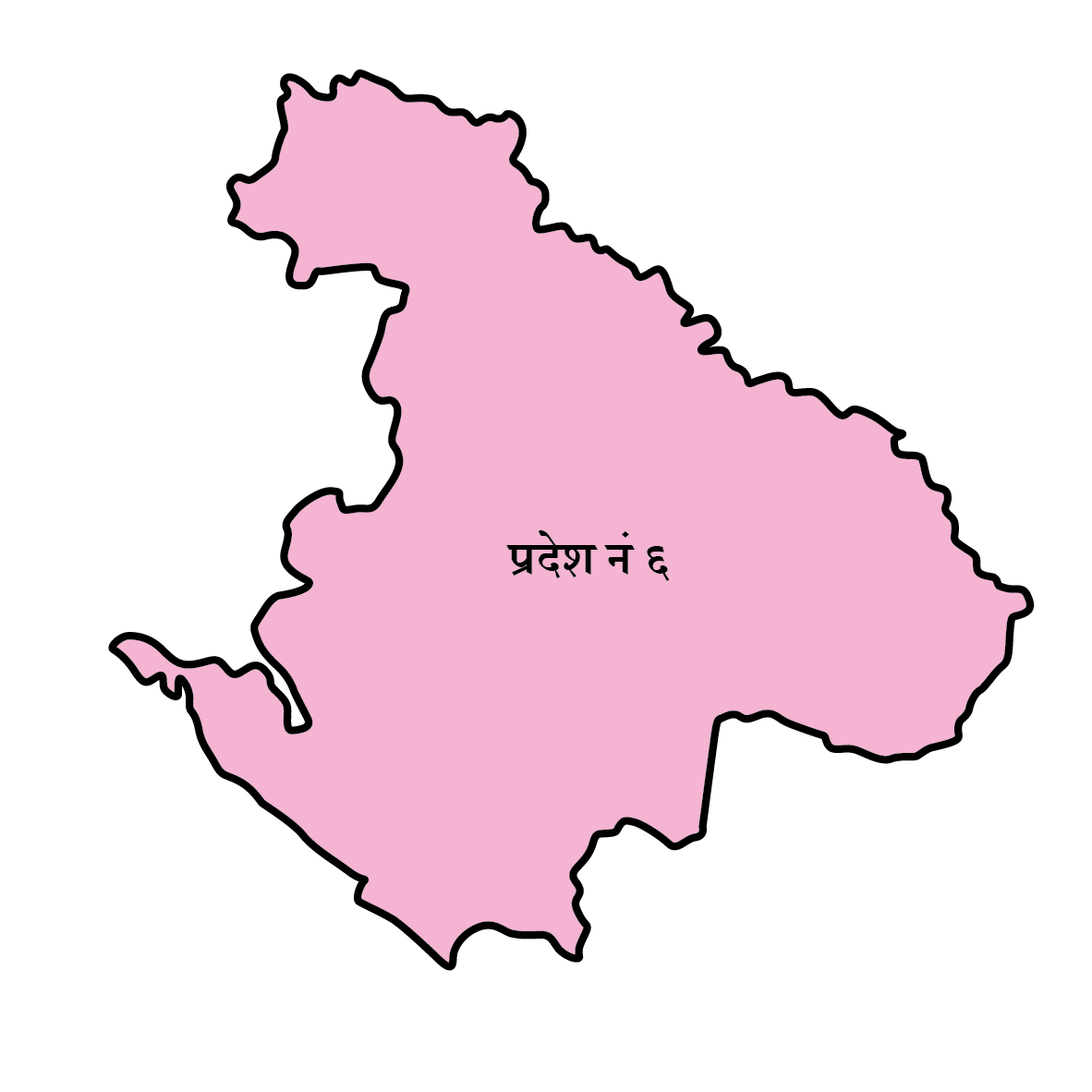 कर्णाली
कर्णाली 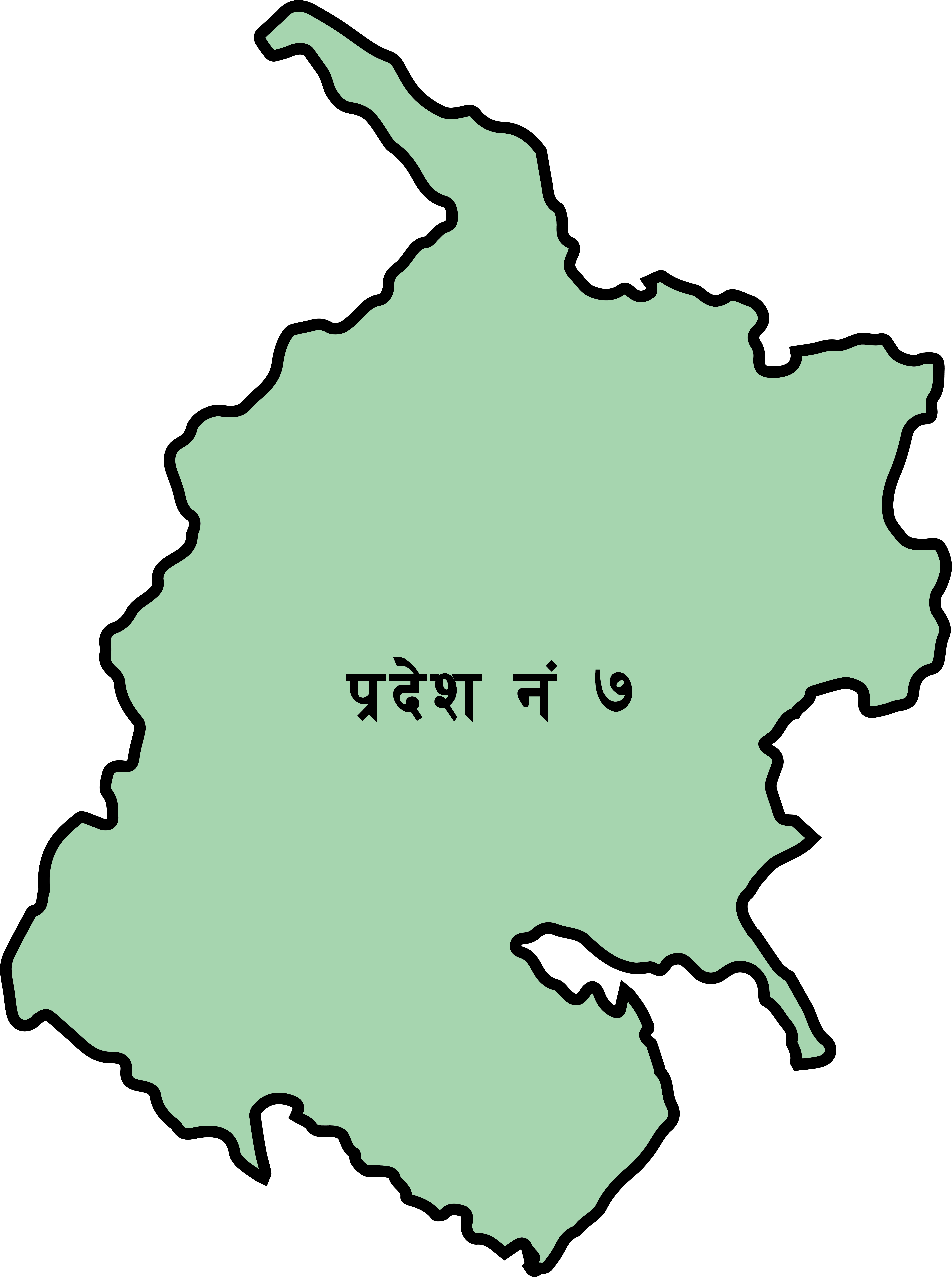 सुदूरपश्चिम
सुदूरपश्चिम
















